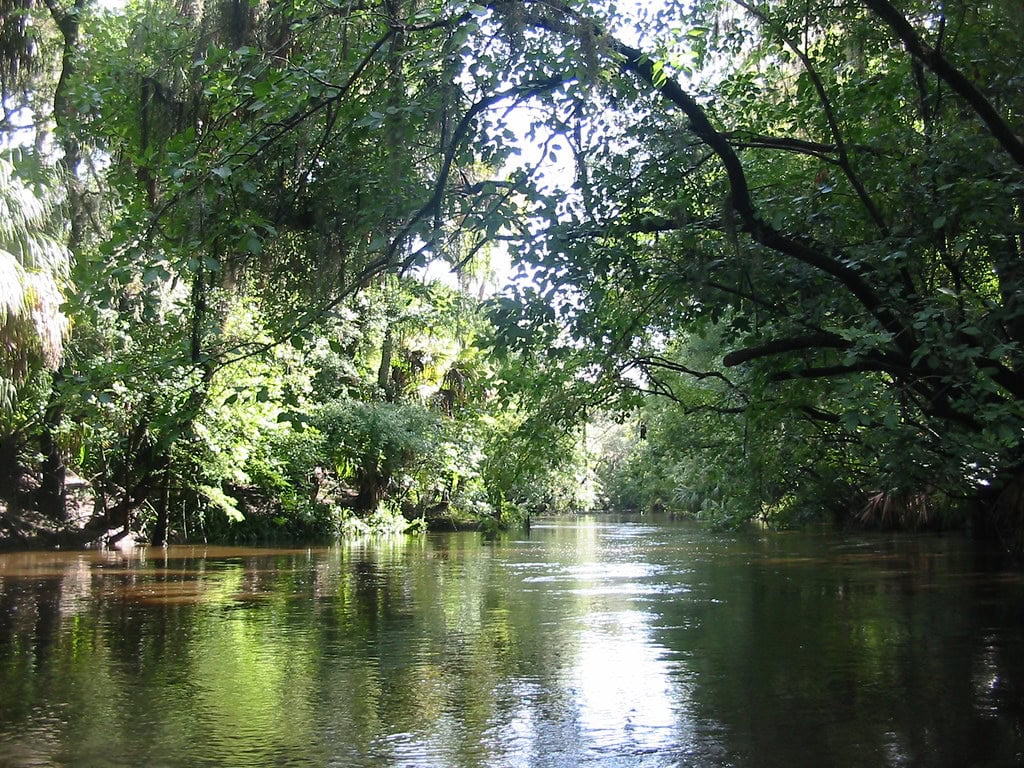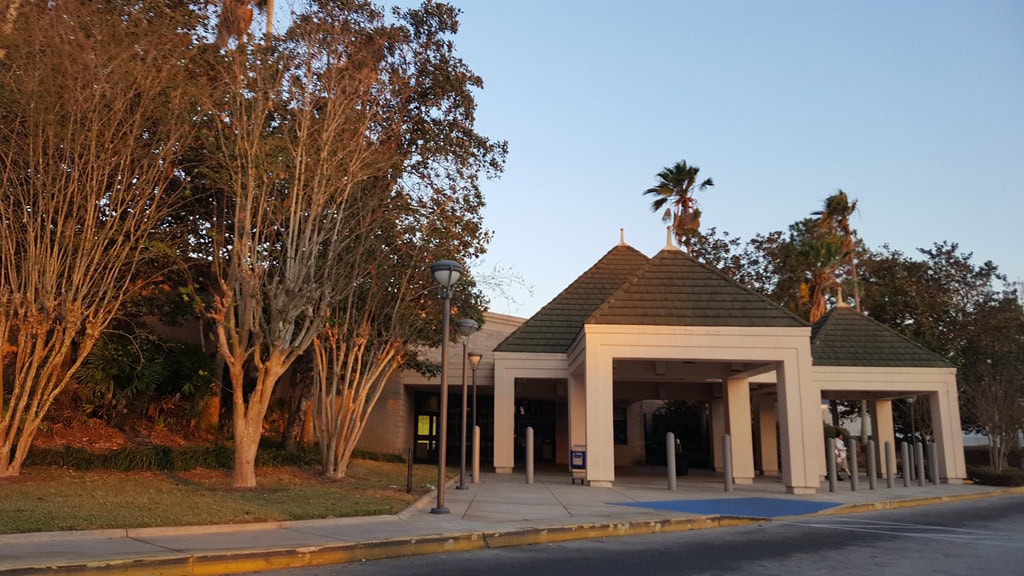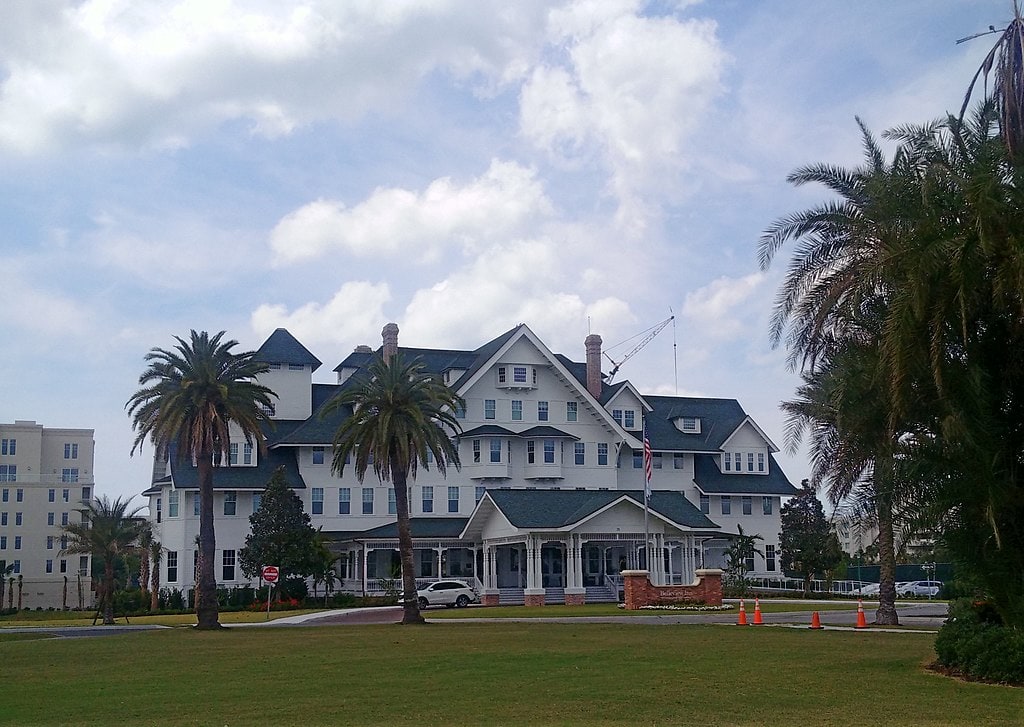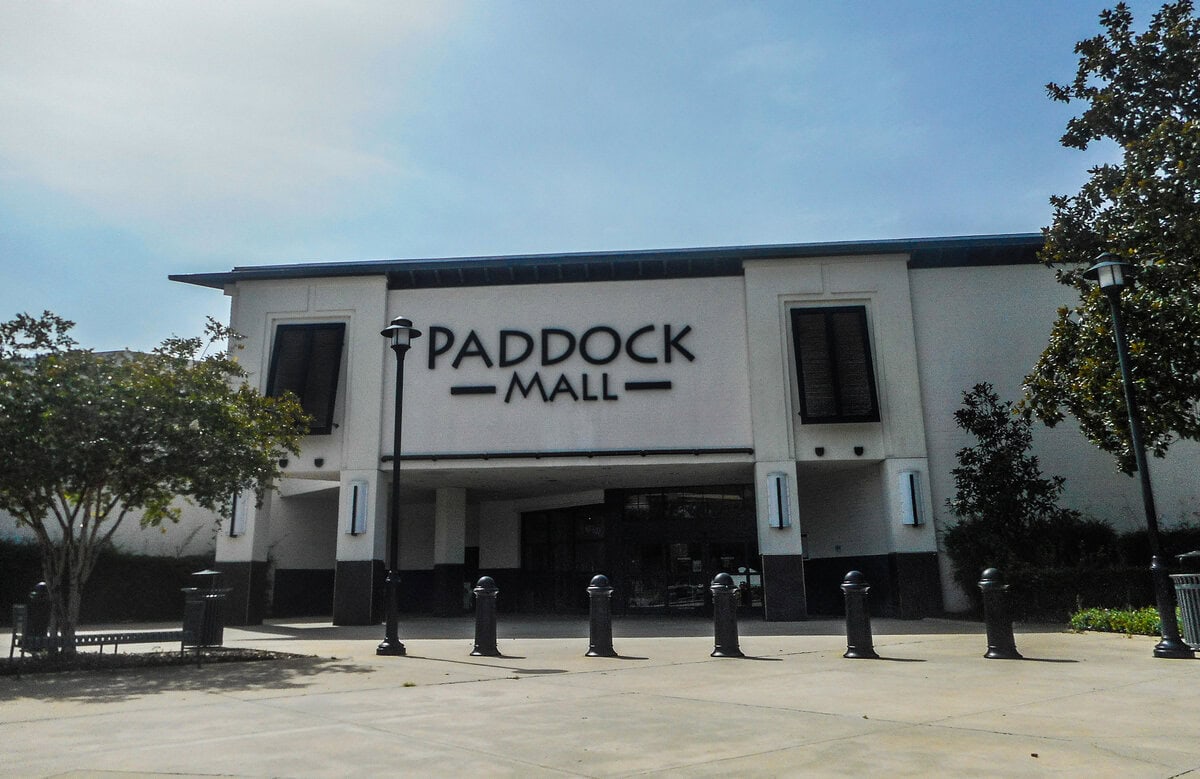Riverview, Florida, isn't short on sunny headlines or booming growth, but not every chapter in its history is a point of pride.
This list collects 10 real events and developments that locals might rather forget, from a sinkhole that marooned an entire neighborhood to a phosphate spill that reached Tampa Bay.
Somewhere between an unfinished road project and a coal unit that kept burning long past its time, there's probably a story you remember, and a few you never heard.

Think you know the worst of it? Try counting how many of these episodes you lived through, argued about, or blocked from memory.
You'll find shifting school zones, endless traffic, and even a grocery store closure that left a surprising hole in daily life. Start the list and see what still stings.
Chronic flooding along the Alafia River continues to disrupt life for many Riverview residents
Homes and businesses near the Alafia River have long faced repeated flooding, with major events in 2004, 2017, and 2019 forcing evacuations and causing extensive property damage.
Heavy rains and tropical storms have sent the river well above flood stage, sometimes covering major roads and cutting off entire subdivisions.
Hillsborough County emergency management issued evacuation orders during Hurricane Irma in 2017, and local TV news broadcast footage of rescue crews bringing out stranded residents in boats.
Some homeowners were required to purchase expensive flood insurance, and disputes with insurance companies became common.
Despite new drainage projects and improved warning systems, many residents remain anxious during hurricane season and have called for additional infrastructure and river management solutions.
The Big Bend Power Station has operated a coal-fired unit since 1970
Big Bend Power Station opened along Hillsborough Bay in 1970 as one of the region's largest coal-fired power plants.
While later units at the plant switched to natural gas or adopted cleaner technology, Unit 1 continued burning coal for over 50 years, releasing sulfur dioxide, mercury, and particulate matter into the local air.
Environmental studies found elevated levels of certain pollutants in the vicinity, sparking protests and public pressure campaigns.
Some residents blamed the plant for increased rates of respiratory illness and the impact of acid rain on gardens and vehicles.
When Tampa Electric Company finally announced plans to shut down the coal unit, many Riverview locals said they wished it had never been built, citing decades of negative press and environmental anxiety.
The Boyette Road widening took more than 10 years to finish
The Boyette Road widening project was first approved in the late 2000s as a solution to traffic congestion and safety concerns.
Over the next decade and a half, the project struggled with a lack of consistent funding, disputes with landowners, delays in utility relocations, and construction slowdowns caused by hurricanes and heavy rainfall.
Local newspapers ran annual stories updating frustrated drivers about missed deadlines.
Parents complained about dangerous detours during school drop-offs, and small businesses lost customers because of blocked entrances and ever-changing lane shifts.
By the time the final lanes opened, most residents had lived through at least one phase of construction.
School overcrowding and shifting boundaries have fueled years of frustration in Riverview
Rapid population growth in Riverview since the 2000s has overwhelmed many local schools, leading to repeated overcrowding, temporary classrooms, and shifting attendance boundaries.
Families in new developments were sometimes rezoned more than once in just a few years, moving children unexpectedly between elementary and middle schools as the district tried to balance class sizes.
Portable buildings became a familiar sight on many campuses, and some parents reported long waits for bus service.
School board meetings drew vocal crowds of parents asking for more permanent facilities and warning about disruptions to students' education.
The Hillsborough County School District responded with new construction and renovation projects. Still, concerns about crowding and boundary changes remain a source of local debate.
The Winn-Dixie at US 301 and Gibsonton Drive closed after more than 30 years, ending a local grocery staple
In the summer of 2017, Southeastern Grocers shut down the Winn-Dixie store at 9822 US 301 in River Bay Plaza, ending a run that began in 1984.
The store had been a familiar shopping spot for generations of Riverview residents, and its closure was part of a broader round of cutbacks across the Tampa Bay area.
After the doors closed, nearby residents had to adjust to new shopping routines, with some switching to Publix, Walmart Neighborhood Market, Aldi, or other area grocers.
While the closure didn't leave Riverview without food shopping options, it did mark the end of a long-standing local fixture.
The empty storefront reminded some long-timers of changes in the city's retail landscape, even as new stores continued to open elsewhere in the area.
A massive sinkhole cut off access to an entire neighborhood
In early October 2024, residents of a Riverview subdivision woke up to find a gaping sinkhole at the intersection of Irish Moss Avenue and Pond Pine Drive.
The collapse split the only road leading into and out of the neighborhood, isolating dozens of families.
Hillsborough County deputies blocked off the intersection as engineers inspected for further ground movement and warned residents to stay alert for additional subsidence.
Photos shared by the Sheriff's Office showed jagged asphalt and broken utilities stretching across the roadway, with sections of curb and pavement dropping sharply into the earth.
Trapped residents reported challenges getting to work and school, and some arranged carpools on foot across nearby lawns and vacant lots.
Local officials called in geotechnical experts to investigate possible causes.
Rapid commercial growth along US 301 transformed traffic patterns and spurred years of congestion complaints
Since the early 2000s, the stretch of US 301 through Riverview has seen rapid commercial and residential development, with new plazas, restaurants, apartment complexes, and big-box stores opening each year.
This boom brought more jobs and amenities, but also led to some of the region's worst traffic snarls.
Morning and evening backups on US 301, Boyette Road, and Gibsonton Drive became a common frustration for residents.
Traffic signals were added and turn lanes widened, but complaints about gridlock, slow commutes, and difficult left turns continue on social media and at public meetings.
Local officials have proposed more road expansions and alternate routes, but congestion remains a regular topic among Riverview locals, and many wish planning had kept up with the city's explosive growth.
The Fishhawk-Riverview area ranked as one of the nation's worst for daily commute times
In multiple years, census data and local news have listed Riverview (and the nearby Fishhawk area) as having some of the longest average commute times in the entire country.
By 2016, residents reported commutes that regularly exceeded 40 minutes one way, with US 301, I-75, and the Selmon Expressway all frequently congested.
Reports from the U.S. Census Bureau, Tampa Bay Times, and WalletHub highlighted Riverview's ranking among "America's Worst Commutes."
Locals often cite the endless traffic as one of the most frustrating aspects of living in Riverview, with families adjusting work and school schedules or even moving to avoid hours lost on the road.
Traffic remains a constant source of complaint and social media discussion for the area.
HOA enforcement in the Creek View community escalated into jail time and foreclosure threats
In Creek View, a planned neighborhood in Riverview, residents faced aggressive enforcement of Homeowners Association (HOA) rules starting in the mid‑2010s.
Complaints over minor things, such as dead grass, faded paint, and even a toy wagon on a driveway, led to violation notices and eventually legal actions.
In one high‑profile case, a homeowner was arrested and jailed for seven days after missing a court hearing related to HOA rules over brown grass and other alleged infractions.
Phosphate-waste spill from Mosaic's Riverview facility flooded into Tampa Bay after Hurricane Milton
In October 2024, Hurricane Milton unleashed nearly 15 inches of rainfall over the Tampa Bay region, overwhelming a water collection system at Mosaic's phosphate plant in Riverview.
The facility, as the site of one of Florida's phosphogypsum stacks, a byproduct of fertilizer production, released at least 17,500 gallons of contaminated water into drainage lines that led directly to Tampa Bay.
Phosphogypsum contains radium and emits radon gas, both recognized by the EPA as hazardous.
Although Mosaic and regulators later stated that water quality impacts would likely be modest, the spill triggered widespread public concern.
Regional environmentalists and news outlets highlighted the incident's threat potential, especially given the stack's proximity to populated neighborhoods and vulnerable ecosystems.





